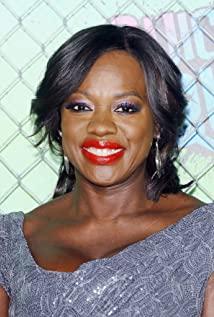The most impressive thing about the film is Ender's wit and quickness and his courage to take risks in the face of adversity. The little actors were well chosen, and they looked like they were ruthless.
And Ender's personal ideological changes are also more interesting. When he was weak, he would use language and body disguise and then rise up to resist, but when he was strong, he did not abuse violence because of his ability.
Growing up in the environment of a violent brother and a kind sister from a young age, the premise is that he has a smart family gene, which is enough. The setting is clever. Violence and kindness are the two mirrors in his heart, and it is difficult for him to control himself.
Brother Violence made him suffer a lot since childhood, but because of this, he has the ability to use the weak to defeat the strong sword, and the violence has also left a deep imprint on him. So when he was fighting with people, sometimes his brother would get on his body. While fighting with the captain of another fleet, he took it calmly, and in the final battle, he let the entire Zerg be destroyed.
But he was always on the side of Sister Kindness. This wise and kind sister is always there to help him when he is confused. After being expelled from school, when the little captain was kicked to death, when the violence on him did things that his kindness could not bear, what he needed was his sister's psychological counseling. His heart still wants to do humane things.
In the end, when he destroyed the insect planet, he no longer cried a lot and went to see his sister, but took the initiative to go outside to find a solution. This is his growth.
View more about Ender's Game reviews











